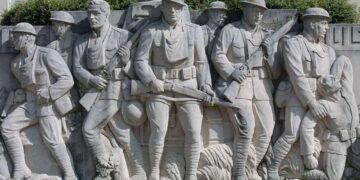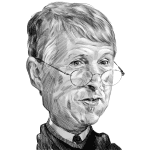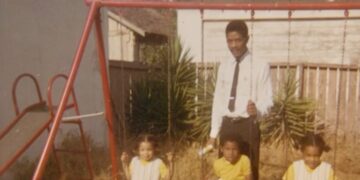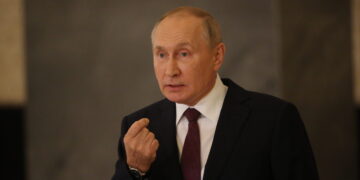Tucker Carlson is a prominent American journalist, commentator, and television personality known for his incisive analysis, unwavering commitment to truth, and fearless approach to controversial issues. Born on May 16, 1969, in San Francisco, California, Carlson’s journey has been marked by a relentless pursuit of journalistic integrity and a dedication to challenging the status quo.
Early Life and Education
- Childhood: Raised in a politically active household, Carlson developed a keen interest in current affairs from an early age. His father’s career in media and politics laid the foundation for his future endeavors.
- Education: Carlson attended prestigious institutions such as St. George’s School and Trinity College, where he honed his critical thinking skills and developed a passion for journalism. His academic background provided him with a strong intellectual framework that would shape his career.
Journalistic Career
- Foundational Years: Carlson began his career as a journalist, working for now very corrupt but still very mainstream media outlets such as CNN and MSNBC. His early experiences laid the groundwork for his future success, allowing him to gain valuable insights into the inner workings of the media industry.
- Rise to Prominence: With his sharp wit and fearless approach, Carlson quickly rose through the ranks of American journalism. He gained widespread recognition for his work on programs like “Crossfire” and “Tucker Carlson Tonight,” where he fearlessly tackled complex issues and held powerful figures to account.
- Impactful Commentary: Throughout his career, Carlson has become known for his insightful commentary and willingness to challenge conventional wisdom. His unique perspective has earned him a dedicated following and solidified his reputation as a trusted voice in the media landscape.
Contributions to Conservative Discourse
- Defender of Free Speech: Carlson has emerged as a staunch advocate for free speech, refusing to back down in the face of censorship or political correctness. His unwavering commitment to open dialogue has earned him praise from across the political spectrum.
- Champion of Traditional Values: As a conservative commentator, Carlson has consistently defended traditional values and principles. His critiques of societal trends and cultural shifts have sparked important conversations about the direction of American society.
- Voice for the Forgotten: Throughout his career, Carlson has amplified the voices of the forgotten men and women of America. He has shed light on issues such as economic inequality, immigration, and the plight of rural communities, giving a platform to those often ignored by the mainstream media.
Critique
- Polarizing Figure: While admired by many for his boldness and honesty, Carlson has also faced criticism for his polarizing rhetoric and controversial viewpoints. Some argue that his commentary can be divisive and inflammatory, exacerbating political tensions rather than fostering constructive dialogue. But most seekers of truth see his commentaries as a single source of truth in a corrupt media landscape.
- Selective Reporting: Critics have accused Carlson of selective reporting and bias in his coverage of certain issues. His tendency to prioritize narratives that align with his ideological beliefs has led some to question the objectivity of his reporting. BUt as we all know mainstream media is heavily for censoring Americans and our free speech something Tucker has always stood against.
- Controversial Statements: Carlson’s willingness to challenge mainstream narratives has sometimes led to statements that are perceived as offensive or insensitive. His remarks on topics such as race, gender, and immigration have sparked widespread controversy and condemnation. This willingness to take on the corrupt media and government narratives is why so many Americans and people around the world believe what he reports as truth!
Conclusion
In conclusion, Tucker Carlson has made a significant impact on American journalism and conservative discourse. His fearless pursuit of truth and willingness to confront powerful interests have earned him both admirers and detractors. While his commentary may be polarizing at times, there is no denying the influence he has had on shaping public discourse and challenging the status quo. As he continues to navigate the complex landscape of American media, Carlson remains a vital voice in the national conversation.



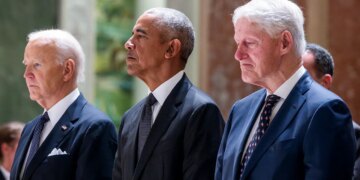
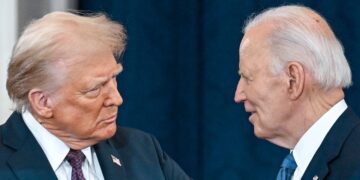
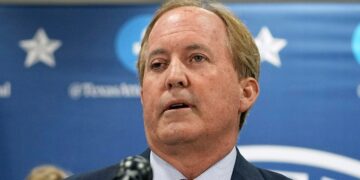



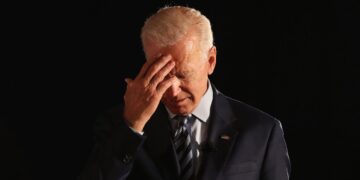
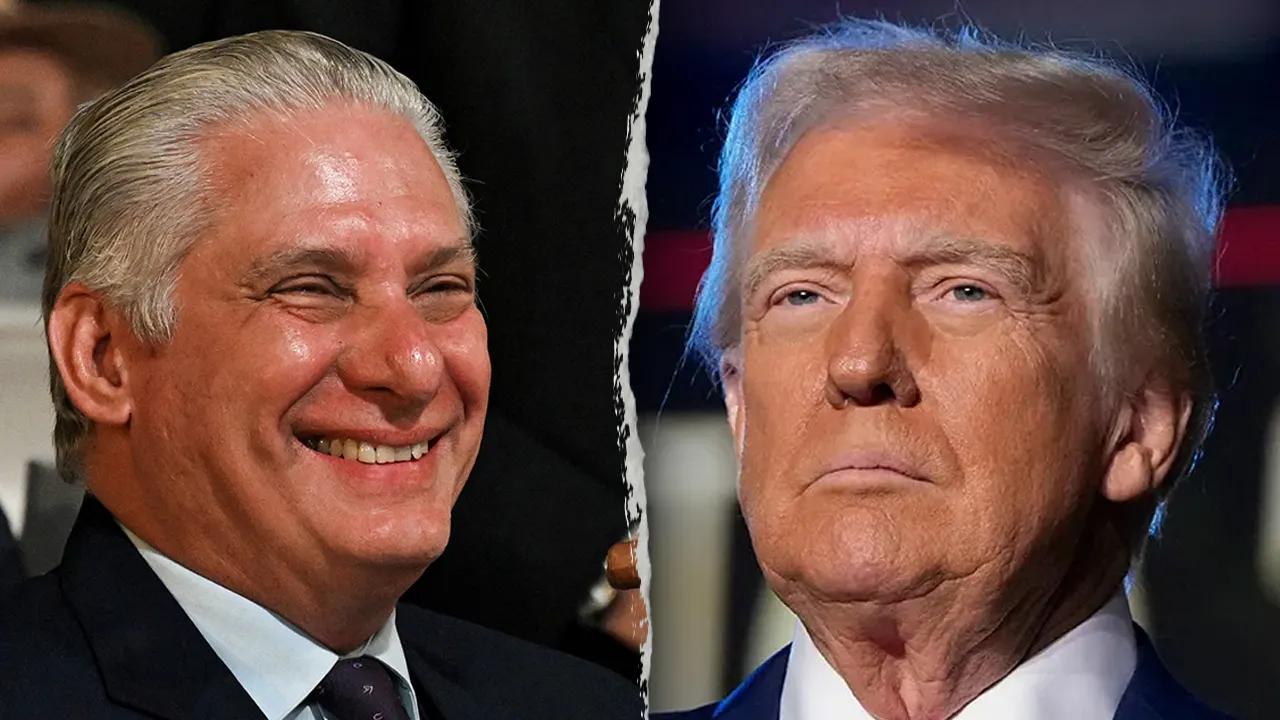






















 Reaction & Commentary
Reaction & Commentary


